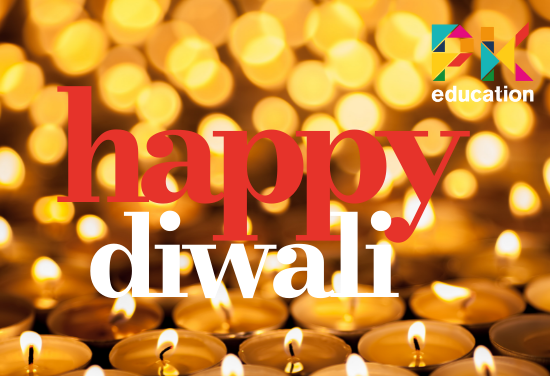Diwali, also known as Divali or Deepawali, is a festival celebrated over five days in many parts by people of different faiths including many Hindus, Jains, Sikhs, Muslims, and Buddhists.
It is often referred to as the festival of lights for the bold light shows and fireworks that are used to commemorate the occasion.
The festival celebrates the victory of good over evil, light over darkness and knowledge over ignorance, although the actual legends that go with the festival are different in different parts of India.
In Britain, as in India, the festival is a time for thoroughly spring-cleaning the home, wearing new clothes and most importantly, decorating buildings with fancy lights. The British city of Leicester is noted for its Diwali celebrations.
Last year’s festivities were scaled back due to the coronavirus pandemic, so this year, people will be hoping to return to full, dazzling form.
When is Diwali 2021?
Diwali takes place over five days with the main festival day falling on Thursday, November 4th 2021.
How is Diwali celebrated?
Those celebrating the festival will typically decorate their homes with lights and lamps and Rangolis, elaborate patterns made out of materials including rice, coloured sand and flowers. These lamps, which are traditionally fuelled by mustard oil, are placed in rows in windows, doors and outside buildings to decorate them.
In India oil lamps are often floated across the river Ganges – it is regarded as a good omen if the lamp manages to get all the way across.
There are usually big celebrations in big towns and cities across the world, where there will be light displays, dancing and food – although large gatherings will likely still be strictly off-limits in the UK and in many other countries across the world.
Fireworks are a big part of the Diwali celebrations, although in recent years there has been a move against them because of noise and atmospheric pollution and the number of accidental deaths and injuries.
One of the most popular dishes to eat in Diwali is called Lapsi Halwa, and is made from cracked wheat, cooked with ghee and sweetened with sugar and cardamom.
Take a look at these pictures of Diwali celebrations from around the world.
The Five Days of Diwali
Typically, the five days of Diwali are celebrated as follows:
Day one: People clean their homes and shop for gold or kitchen utensils to help bring good fortune.
Day two: People decorate their homes with clay lamps and create design patterns called rangoli on the floor using coloured powders or sand.
Day three: On the main day of the festival, families gather together for Lakshmi puja, a prayer to Goddess Lakshmi, followed by mouth-watering feasts and firework festivities.
Day four: This is the first day of the new year, when friends and relatives visit with gifts and best wishes for the season.
Day five: Brothers visit their married sisters (or other family members in general, in modern days) who welcome them with love and a lavish meal.
Education Resources:
Our friends over at Twinkl have some fantastic resources to help you bring to life the Diwali celebration.
There is a Diwali PowerPoint which is a great way to introduce early year’s children to the basics, explaining the origins of the festival and the way many Hindus celebrate. For slightly older children, why not use this more detailed All About Diwali PowerPoint.
Further, check out the top Diwali resources for EYFS and primary available from TES.
They include popular lesson plans and activities to explore the customs and traditions of Diwali in your EYFS or primary classroom.
BBC Teach has some fantastic resources for key stage 1 and 2 on Diwali which are perfect for Assemblies. Plus there are some specific activities focusing on Dance, Music.
Looking for RE resources for your secondary students? Take a look at these worksheets over on TES
True Tube has some great key stage 3 resources including videos documenting the Hindu Festival of Light being celebrated in Trafalgar Square.






